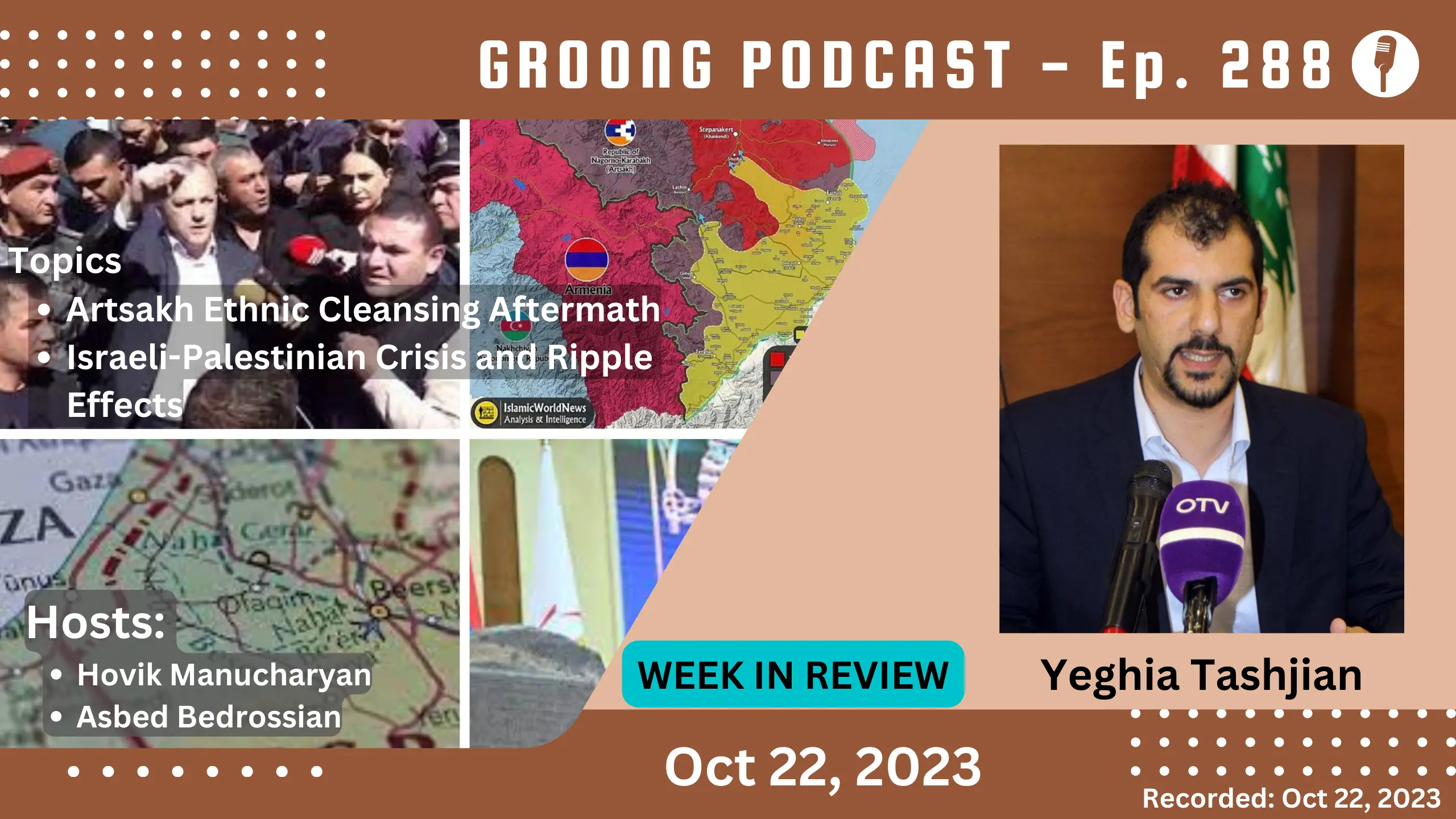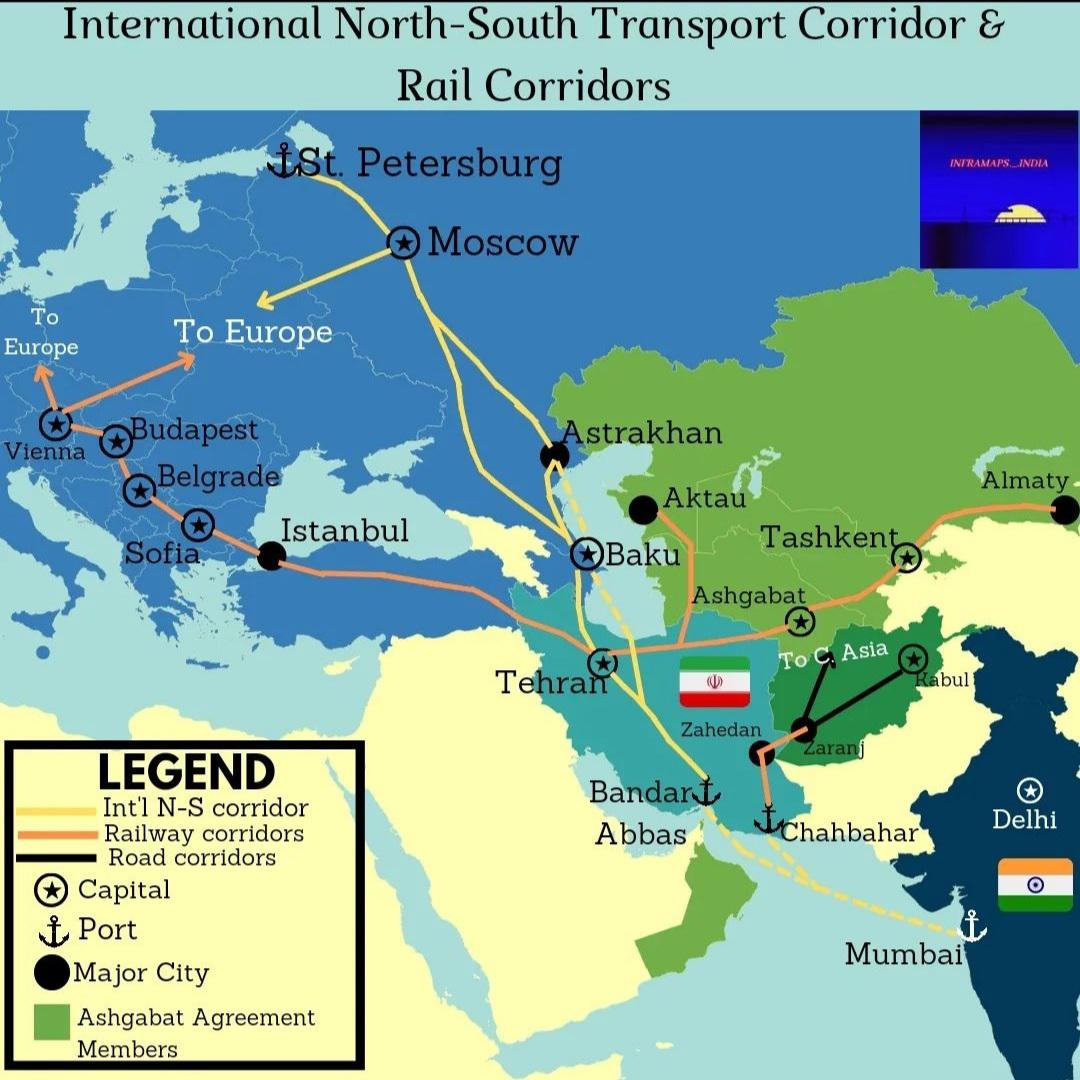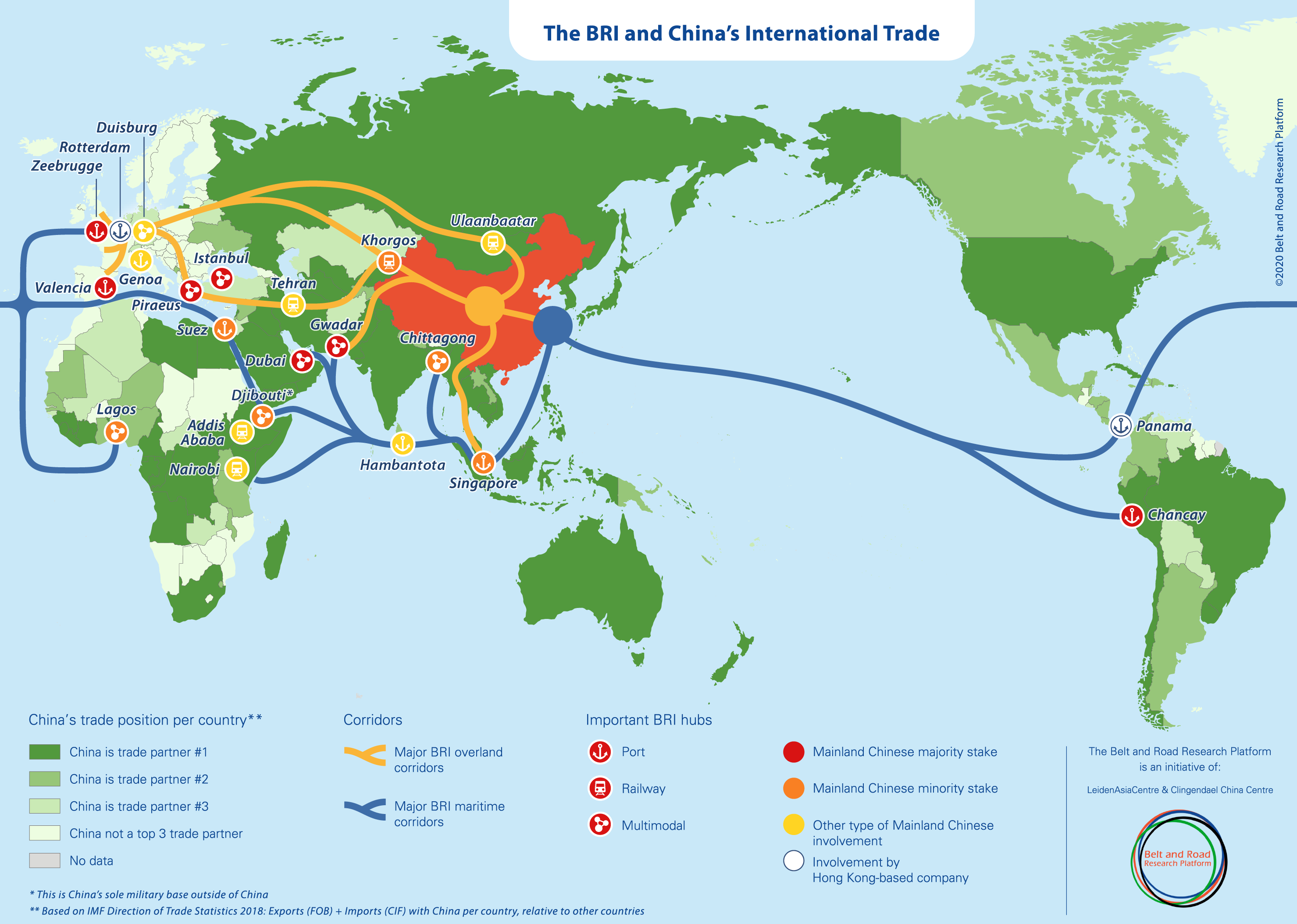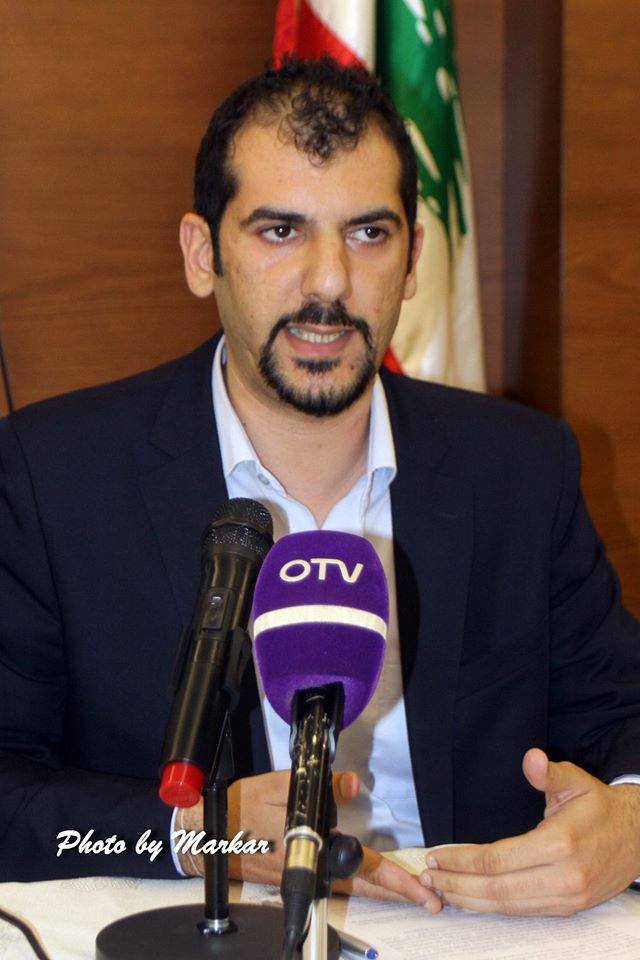Yeghia Tashjian - Aftermath of the Ethnic Cleansing of Artsakh | Israeli-Palestinian Crisis & Ripples | Ep. 288 - Oct 22, 2023 [EP288]
Posted on Sunday, Oct 22, 2023 | Category: Armenia, Politics, Israel, Middle East | Series: wir
Guest:
Topics:
- Aftermath of the Ethnic Cleansing of Artsakh
- Shahramanyan meets Protesters
- “Rights & Security”
- Government-in-Exile
- Israeli-Palestinian Conflict
- Ripple Effects to the South Caucasus
- Effects in the Middle East
- Lebanon & the Armenian Community
Episode 288 | Recorded: October 22, 2023
Show Notes
Subscribe to us, Follow us!
Here are the links we mentioned at the start of our show today:
- On Youtube our channel is @Groong.
- On Twitter we’re @Groong.
- On Instagram and Threads are at @ANNGroong.
Our News Feeds are available on
- Facebook in our Facebook Group
- Our website at groong.org/news.
All of our links in our LinkTree.
Aftermath of the Ethnic Cleansing of Artsakh
Shahramanyan Meets Protesters
During this past week the president of Artsakh, Samvel Shahramanyan, met with a large group of protesters in a public meeting to address the rising frustration of not only his refugee people in Armenia, but also Armenian citizens. People have a lot of questions, ranging from the social status of over 101,000 people who fled from Artsakh to Armenia, to their right of return, and concerns about the political future of the Artsakh Republic.
There are a lot of questions on why a certain group of Artsakhtsis are demanding this from the former government of Artsakh whose funds have been frozen by Yerevan, but that’s besides the point for now.
Shahramanyan did not give a lot of answers, just promised that he would answer them publicly in the near future. One key statement that he made caught our eye: he said:
_"I have a lot to tell you, but what I have to say contains great dangers for the future fate of both Armenia and Artsakh. We are all in a very difficult situation, we are in an extremely difficult situation.”_
Questions:
- What dangers is Sahramanyan referring to? This is apparently a danger that continues to exist, and from the context of his response, it endangers not only Artsakh, but also all of Armenia. What is he talking about?
- Is the Armenian government, Pashinyan on down, stonewalling Artsakh’s leadership? It appears that Pashinyan has not been willing to meet with Shahramanyan, do you think this is part of the stipulation from Azerbaijan, that any legitimization of the state of Artsakh might be construed as a provocation, or even an act of war against Azerbaijan?
There were questions about the legality of Sharamanyan signing the dissolution of the state of Artsakh, although he replied that the Artsakh republic IS NOT dissolved. As far as we know, the documents that he signed, we must assume under extreme duress, have not been seen publicly.
Meanwhile, Samvel Babayan, who was the head of the United Fatherland party of Artsakh, and a lot of other things, is furious at the dissolution and wants heads to roll. He’d like to know what was signed, if it was signed under duress or threat, and to convene the Artsakh parliament and court to decide the legality of the act, and take action before January 1, the reported date of the dissolution of the state.
Questions:
- What did Shahramanyan sign?
- Could whatever he signed under threat of force, be legal in any international form?
“Rights and Security”
World governments say that Artsakhtsis’ right of return must be guaranteed. Carey Cavanaugh, former US co-chair for the OSCE Minsk Group, recently said that the Artsakh conflict will not be over even if the entire population flees to Armenia. We’ve also heard both from Russia and the US saying that this conflict is not over. Not to mention every analyst whom we’ve talked with since the depopulation of Artsakh, in September.
So while Aliyev was raising the Azeri flag in Stepanakert last weekend and telling everyone that he has resolved the Artsakh conflict, we’re trying to understand how the major powers don’t see this conflict as resolved.
Questions:
- Can you explain these conflicting perspectives?
- Does Armenia’s perspective matter at all?
- Are statements from EU leaders (among others) that the rights of Artsakhtsis to return must be guaranteed, just by themselves, sufficient? No threat of sanctions. No acknowledgment of ethnic cleansing. Just blanket statements.
- Do you see Artsakhtsis returning to their homeland in Artsakh? Under what circumstances?
Government-in-Exile
There is talk that Artsakh should form a government in exile. There are various aspects to this. Some argue that a full government in exile with all its institutions should be created, while others argue for a minimalist structure.
At the same time, there seems to be a struggle for control over the voice of Artsakhtsis in exile, with one camp represented by Samvel Babayan, and backed by Nikol Pashinyan allies, who claims he’s leading his own negotiations with Baku; the other camp is supported by the Armenian opposition, which congratulated Shahramanyan’s election as president.
Questions:
- What legal steps (if any) should Artsakh leaders take?
- Would Armenian authorities allow an Artsakh government-in-exile in Armenia?
- There are already calls by Pashinyan-allied personalities for Armenian authorities to prevent the formation of a government in exile since it may give pretense for further Azerbaijani aggression.
Israeli-Palestinian Conflict
Let’s turn our attention to the crisis in Israel and Gaza, because this has implications all the way to the South Caucasus. You wrote about this in an insightful article in the Armenian Weekly, Hairenik.
Raging Conflict
The Palestinian cause has been a pivotal issue since the second world war and a source of intractable problems both regionally in the Middle East, as well as globally. In many ways, we Armenians see a lot of parallels in their cause with ours. But in the past few years the Palestinian Cause had all but disappeared from the agenda of the Middle East, and it wasn’t until October 7 that it all spilled out in great violence and brutality. Thousands of civilians have died, and the sides are deeply entrenched in war and dehumanization rhetoric, and it just feels like we’re on the verge of a terrible ethnic cleansing in Gaza.
Question:
- What are the causes for this recent ignition of all-out violence? What triggered this?
Projected Maps of International Trade Corridors



Rippling back to the South Caucasus
All the major South Caucasus powers, Russia, Iran and Turkey have issued warnings to Netanyahu to not invade or ethnically cleanse Gaza. Meanwhile, Israel is Azerbaijan’s key military partner, providing it with sophisticated weaponry that is used against Armenia.
Questions:
- Iran’s FM went to Syria and Lebanon last week, as the conflict spread. What were Iran’s main objectives for his visit?
- Turkey has serious military ties with Israel, so when Erdogan makes pro-Palestinian statements, to me they sound hollow and mostly theatre for Arab consumption. What are Turkey’s objectives in this crisis?
- What are Russia’s key concerns in this crisis? In your article, you note Russia’s interests in controlling East-West as well as North-South trade corridors, and funny enough - they pass through Armenia, more specifically Syunik, or Azerbaijan’s so-called “Zangezur Corridor”. Can you explain this convergence of interests?
- What are the dangers, and maybe even the opportunities, that a prolonged Israel-Gaza conflict presents for Armenia?
- Why is Georgia able to look after its interests and navigate global balance, and not Armenia?
- The South Caucasus seems to be heating up still. How can Armenia leverage the global situation to reach a balance?
Effects in the Middle East
In the past few years various Arab countries have been negotiating and signing bilateral agreements with Israel, without even the mention of the Palestinian cause. For example, the Abraham accord agreements by the UAE, Bahrain, Morocco, and more importantly the current so-called “Normalization” negotiations between Saudi Arabia and-Israel.
Questions:
- Do these various agreements that marginalize the Palestinian cause provide a context for the current crisis?
- A few months ago Saudi Arabia also signaled a surprise thaw with Iran, mediated by China. How does that agreement shift the balance of power in the middle east?
Some observers say that Hamas has already achieved many objectives: the Palestinian cause is back on every Arab country’s agenda for the Middle East again; Saudi Arabia has paused negotiations with Israel; and the Israeli aura of invincibility has been deeply tarnished.
Questions:
- Does this provide any grounds for the Palestinian side to seek an end to the crisis?
- The Netanyahu government’s rhetoric has been very extreme, using the kind of language that precedes genocides. So they are in, very deep. Are they interested in seeking a way out of this crisis? At least a face-saving way?
Lebanon and the Armenian Community
The Israeli-Gaza conflict has already spread to the border of Israel and Lebanon, as well as Syria. There are reported Israeli air raids on Damascus and Aleppo, and also into South Lebanon.
Questions:
- How is the crisis affecting you, and the Armenian community regionally at present?
- What are Lebanon’s plans to confront an expanding crisis on its border?
- Is the Lebanese Army capable of defending the border and protecting their citizens?
Topics from the Panelists
- Hovik: Grotesque Pashinyan address at the PACE.
- Yeghia: “All She Knows” book signing at AUB.
Wrap-up
We hope you found our Week in Review helpful. We invite your feedback and your suggestions, you can find us on most social media and podcast platforms. Thanks to Laura Osborn for the music on our podcasts.
Guests

Yeghia Tashjian
Yeghia Tashjian is an regional analyst and researcher based in Beirut, with expertise in China’s geopolitical and energy security interests in Iran and the Persian Gulf. Currently he is an instructor in International Affairs at the American University of Science and Technology and International and Regional Affairs Cluster Coordinator at the Issam Fares Institute for Public Policy and International Affairs at the American University of Beirut.
Hosts

Hovik Manucharyan
Hovik Manucharyan is an information security engineer who moved from Seattle to Armenia in 2022. He co-founded the ANN/Groong podcast in 2020 and has been a contributor to Groong News since the late 1990s.
Disclaimer: The views expressed by Hovik Manucharyan on the ANN/Groong podcast are his own and do not necessarily reflect the opinions of his employer or any other organization.

Asbed Bedrossian
Asbed Bedrossian is an IT professional, and for years oversaw the central IT enterprise infrastructure and services at USC. His decades of experience spanned across IT strategy, enterprise architecture, infrastructure, cybersecurity, enterprise applications, data center operations, high performance computing, ITSM, ITPM, and more.
Asbed founded the Armenian News Network Groong circa 1989/1990, and co-founded the ANN/Groong podcast in 2020.